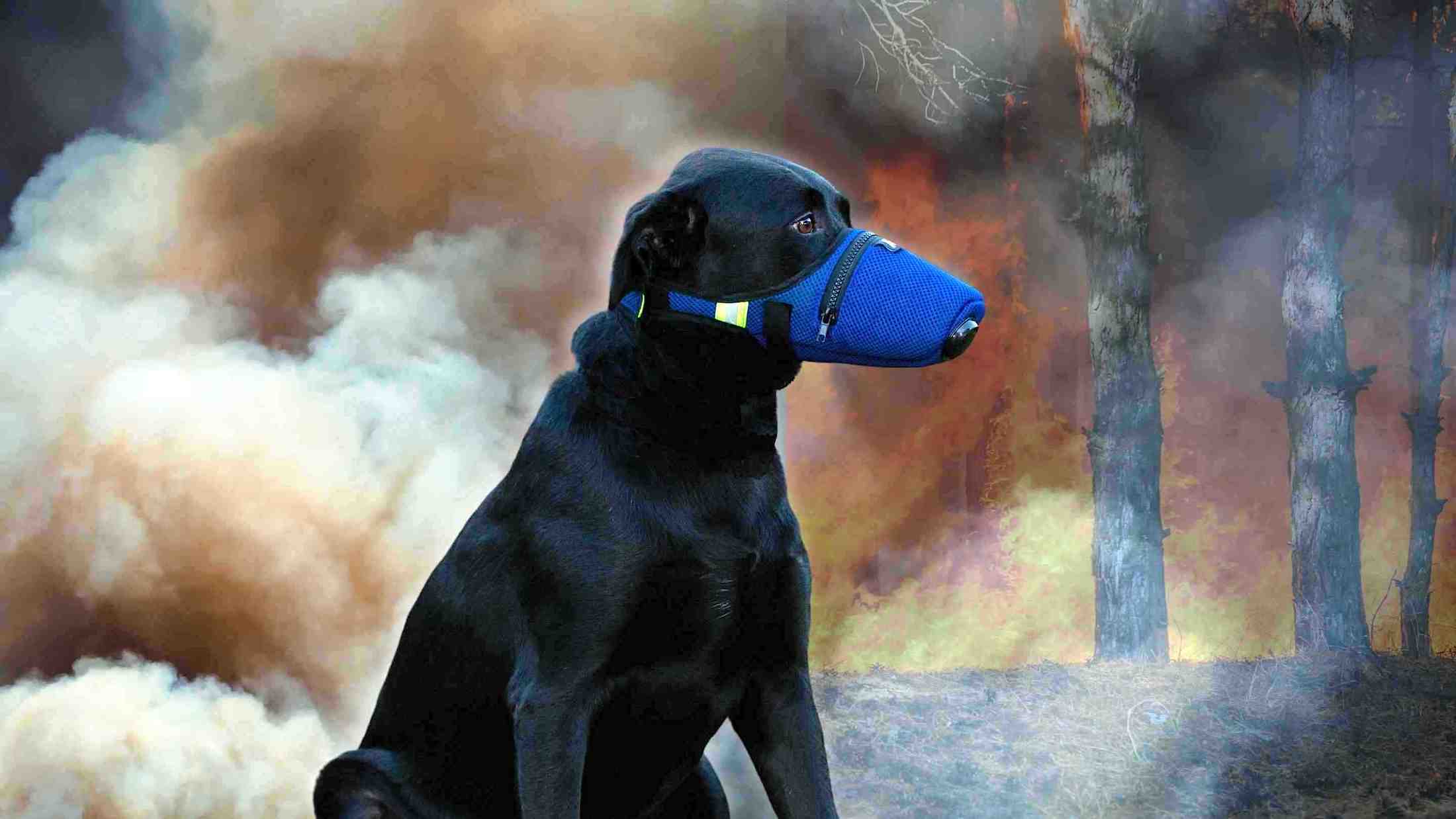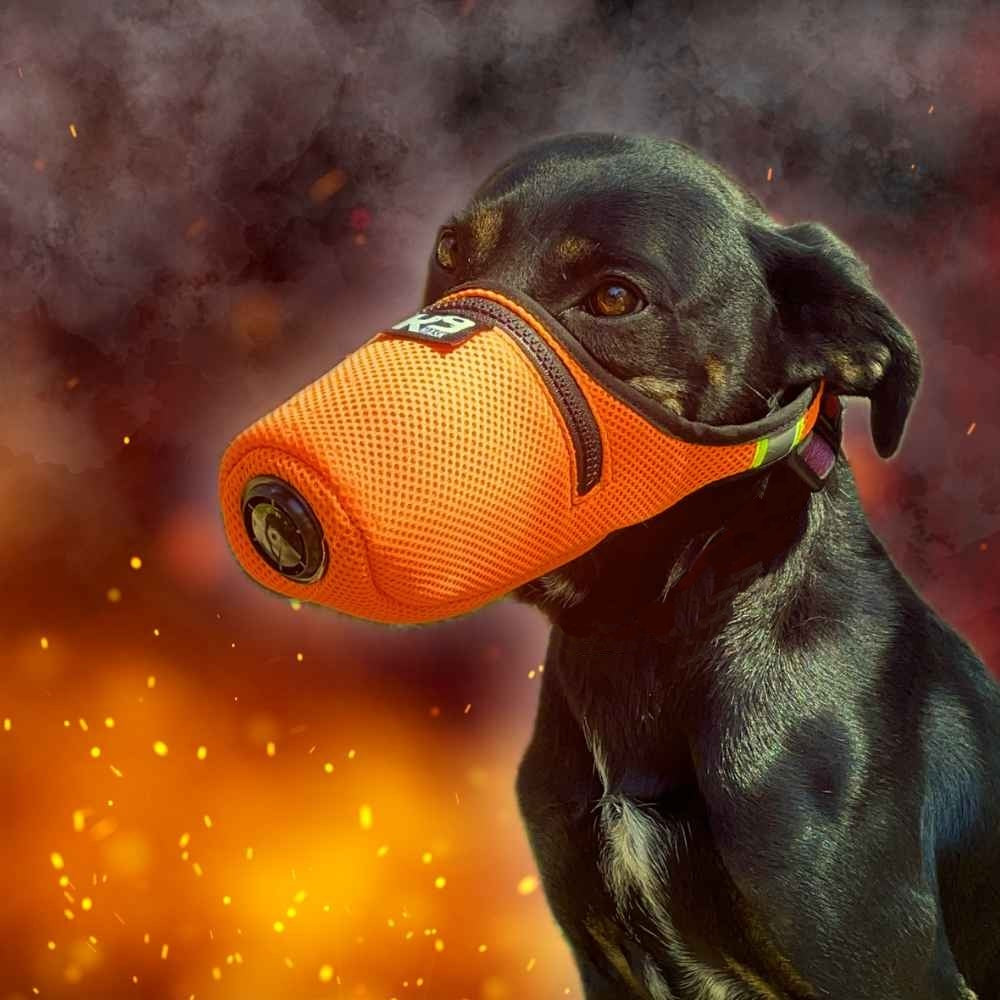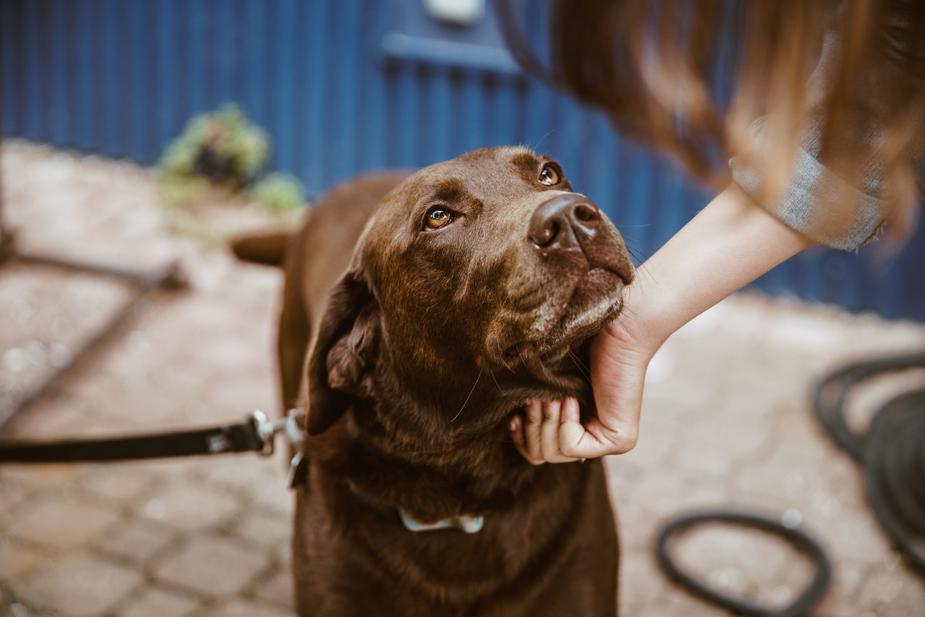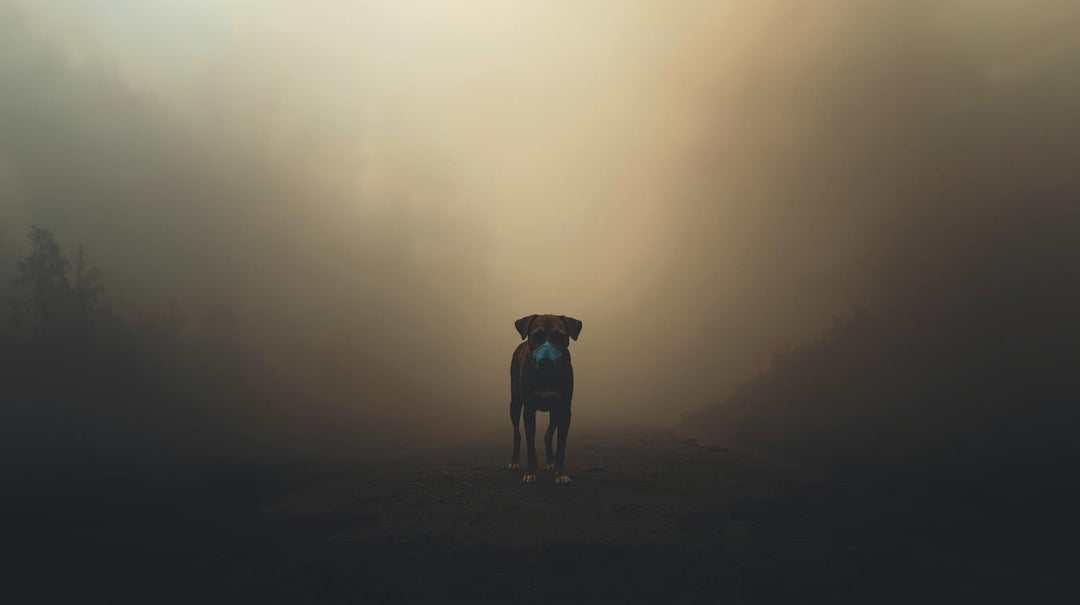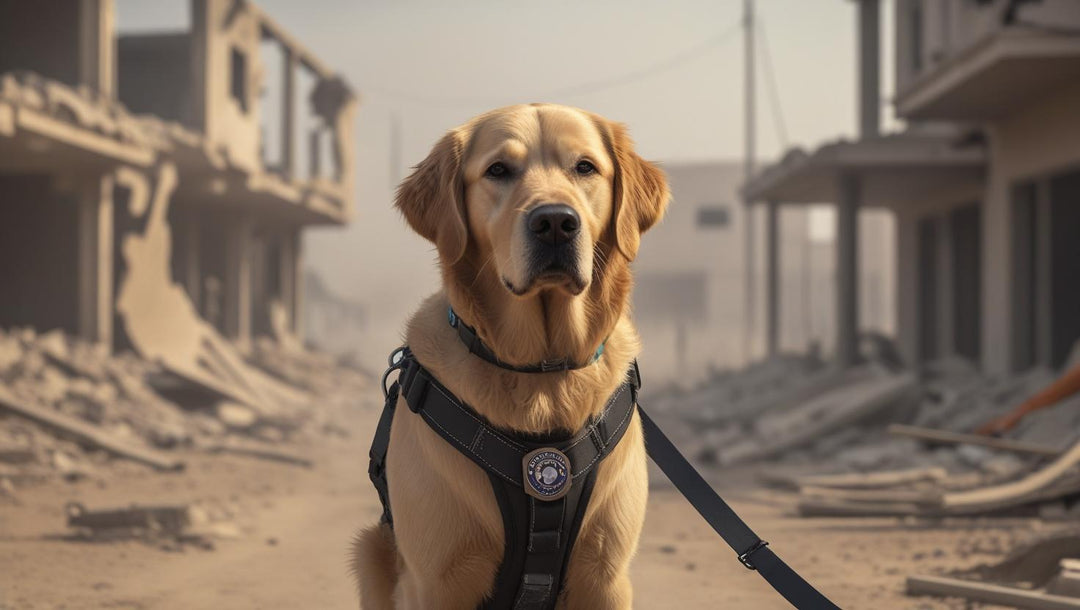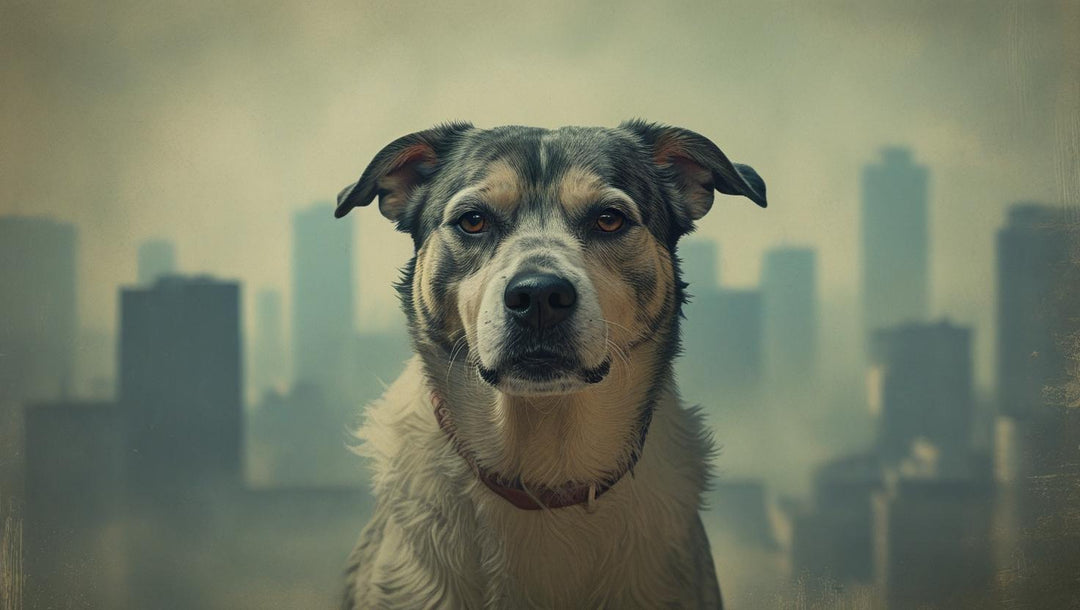With all the recent wildfires in California, Washington, Oregon, and Montana we would like to remind you of proper fire safety and prevention for families with pets. Statistics show that half a million pets are affected and 40,000 pets are killed by fires annually. So before a fire starts, here are some preventative measures to take:
- Create a fire escape plan.
- Set up a meeting place and multiple routes in order to exit your house safely and quickly.
- Put a Pet Rescue Fire Safety Sticker on your window. This will indicate what species of pets you have, and how many, so that firefighters will know who to look for. You can pick up these stickers (normally free of charge) at any humane society or veterinary office.
- Free your home (and spaces surrounding where your outdoor pets live) of brushy areas. This will help deplete the fire sources around your home.
- Know your pets hiding places. The smell of smoke and sound of burning substances are scary for pets. Most often they will become frightened and hide in a place where they feel secure. Knowing your pets hiding places will help you find them quickly so that everyone can exit the home.
- Create a pet emergency kit. This kit should supply your pet with an adequate amount of food, any prescriptions your pet needs and his/her vaccine history in case they need to be boarded.
- Be aware when lighting candles. Puppy tails and pouncing kittens can make a harmless candle an extreme fire hazard. Be aware of your pets’ location when candles are lit and place them out of harms’ way.
- Change the batteries in your smoke and carbon monoxide detectors twice a year.
 In the event of a fire in or near your home always remember to secure your pets on a leash or in a carrier to prevent them from running away in fright. Don’t forget to bring your pet emergency kit, enough food for one week, their favorite toy and/or blanket, a food and water bowl and their ID tags.
In the event of a fire in or near your home always remember to secure your pets on a leash or in a carrier to prevent them from running away in fright. Don’t forget to bring your pet emergency kit, enough food for one week, their favorite toy and/or blanket, a food and water bowl and their ID tags.
Unfortunately, many families do not have enough time to get to a safe place before the fire is upon them. For this reason, Aspen Grove would like to teach you how to properly care for your pet if they are suffering from smoke inhalation. Smoke inhalation is a serious medical condition and should not be taken lightly. Chemicals released from burned materials such as carbon monoxide, carbon dioxide and cyanide are dangerous and poisonous for your pet. Inhalation of these chemicals can result in severe lung injury, burnt airways and death. The signs of smoke inhalation can include but are not limited to:
- Severe coughing Red,
- inflamed eyes
- Weakness/lethargy
- Depression
- Bright Red, blue or pale mucous membranes
- Singed or burnt hair
- Respiratory distress and/or difficulty breathing
- Gagging/vomiting
- Open-mouth breathing
- Foaming at the mouth
- Seizures Squinting Skin and/or ocular burns
Assessing the situation is important, but taking your pet to clean, oxygenated air is your priority. If your pet is still inside the building, loosely drape a wet towel over his/her eyes and nose to prevent further smoke inhalation. Once out of the burning area, ask the fire personnel for an oxygen mask for your pet; this will reduce your pets’ risk of carbon monoxide poisoning. If you are not able to take your pet to a veterinarian right away, than place your pet in a steamy room or near a humidifier in order to increase the amount of moisture in their lungs. The amount of damage to your pet may not be apparent for several hours, so take your pet to a veterinarian as soon as possible for assessment and stabilization.
Hopefully you will never have to deal with the trauma of a fire taking your home. However, certain preventative measures should be taken if you and your pet are near a wildfire even if you think you are not in harms’ way. First, decrease the amount of exercise time your pet gets outside. Avoid dog parks and long walks.
As we all know, pets have a keen sense of smell. They will be able to smell the smoke from far away and may become irritable or frightened. Depending on the distance between you and the fire, your pets’ respiratory system may become stressed and gagging/coughing or other symptoms may occur. Always offer your pet ample amounts of fresh water and of course, give them lots of love!




